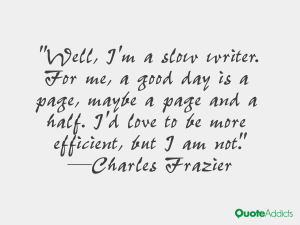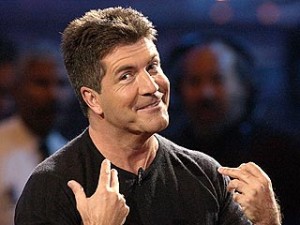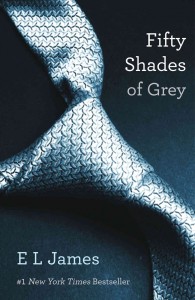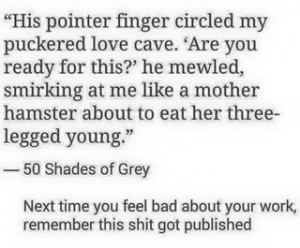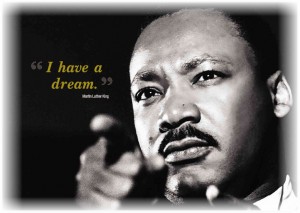Do you remember the JetBlue flight attendant who freaked out a few years back? Somebody worked his last nerve, so he not only announced how fed up he was on the intercom, he grabbed a beer from the beverage cart and left via an emergency slide. Cue the music from Rocky!
What a way to quit a job, but how do you make a grand exit if you’re a writer and you’re not somebody famous like Philip Roth?
I had early success. My first good short story won a prize with a famous editor as the judge. Then it was published in Redbook, which had millions of readers. The story garnered me lots of cash, fan mail, and queries from agents. It also turned my head, not that I needed much encouragement there. I grew up in glamorous New York and getting a story into a national magazine seemed a natural first step. What other possibilities were there?
Five years of drought followed. Well, there was actually a vile crop: I reaped endless rejection letters. Nothing I wrote was accepted anywhere by anyone. I grew desperate to quit and contemplated various alternate careers.
This wasn’t the first desert I would have to cross in my 30 years as a published writer. I wanted to succeed, and I also wanted to quit. But writing wouldn’t let me. I was compelled to keep exploring my inner world and the world around me in short stories, which finally started being published in the early 1980s. The breakthrough didn’t just thrill me, it delighted all the friends who had been suffering along with me.
 But getting a book of stories published after that was unbelievably hard, especially when editors would say things like “I don’t like your metaphors and such.” My such? What the hell was that? I confess I was tempted to write back and say, “My such is pretty damned good.” Or “Such you!”
But getting a book of stories published after that was unbelievably hard, especially when editors would say things like “I don’t like your metaphors and such.” My such? What the hell was that? I confess I was tempted to write back and say, “My such is pretty damned good.” Or “Such you!”
Facing another brick wall, I told my partner more than once, “I’m giving up writing as a career.” And I pictured gathering all my manuscripts together, building a bonfire and just getting rid of everything (including the discs).
It wasn’t until I was reviewing for various magazines and newspapers like The Detroit Free Press and The Washington Post that I finally had an actual writing job, even if it was freelance. And even though I could quit whenever I wanted to, I enjoyed the deadline pressure, the challenges of reviewing across genres, and the interaction with editors and readers.
The turnaround came in 1990 with my first book, but the ups and downs of publishing 25 books in many genres since have echoed the roller coaster of my early career. Things look great, then they look crappy, then I look for an exit. But there isn’t one. Because every time I’ve tried to or wanted to give up, fortune hands me a plum, or I get an idea for a new book and it won’t let me go.
The cold hard truth is what the late novelist Sheila Roberts one said to me, “I love the sheer sensual pleasure of putting one word next to another–there’s nothing else like it in the world.” And she grinned. Because she’s right.
Have you ever imagined giving up writing as a career and doing something completely different?
Lev Raphael’s 25 books in genres from memoir to mystery can be found on Amazon.



